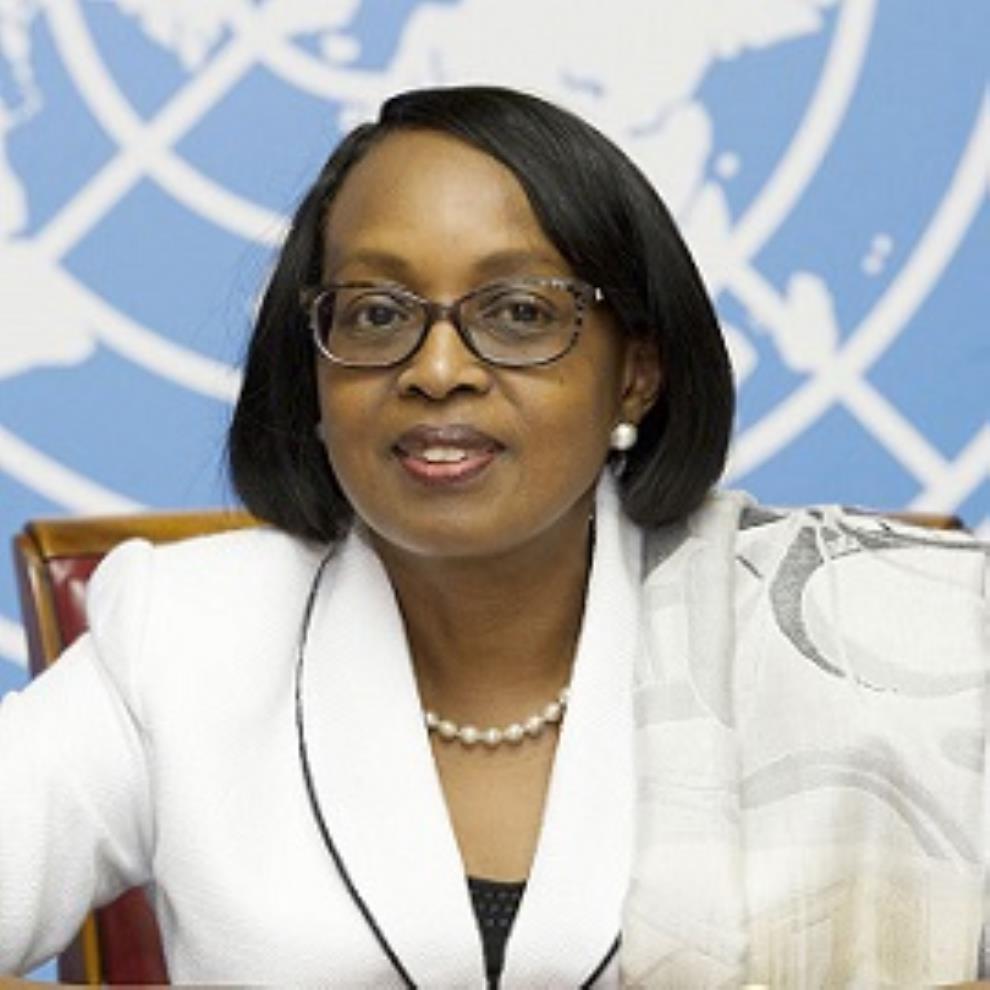The World Health Organization (WHO) Regional Director for Africa, Dr Matshidiso Moeti said they grieve over the 384,000 preventable malaria deaths in the WHO African Region in 2020.
This is as the UN Agency join the rest of the world to commemorate 2021 World Malaria Day with the theme: “Zero Malaria – Draw the Line Against Malaria” because every malaria case is preventable, and every malaria death is unacceptable.
According to her, “In 2019, the WHO African Region accounted for 94% of both the 229 million malaria cases and 409,000 malaria deaths reported globally. This is despite the great progress made in malaria response in the Region.
“Between 2000 and 2019, malaria incidence declined by 29% and deaths by 60%. More than 1.2 billion cases and 7.1 million deaths were averted in the Region. Cabo Verde has maintained zero malaria status since 2018, Algeria was certified malaria free in 2019, and Botswana, Ethiopia, the Gambia, Ghana, Namibia and South Africa achieved the 2020 milestones of reducing malaria incidence and deaths by 40% compared to 2015.
“However, 36 of the 44 malaria-endemic countries in the Region did not achieve these milestones. Overall, the Region was off track by 37% and 25% for the incidence and deaths milestones respectively. While malaria incidence in the Region dropped by 9% to 10% every five years between 2000 and 2015, in the last five years, this has slowed to less than 2%.
She continued; “Every year that we let malaria spread, health and development suffers. Malaria is responsible for an average annual reduction of 1.3% in Africa’s economic growth. Malaria-related absenteeism and productivity losses cost Nigeria, for example, an estimated US$ 1.1 billion every year. In 2003, malaria cost Uganda an estimated gross domestic product equivalent to US$ 11 million. In Kenya, approximately 170 million working days and 11% of primary school days are lost to malaria each year.
“To change this situation, more needs to be done to help at-risk populations. In 2019, one in three at-risk households did not have an insecticide-treated bed net (ITN) and 48% of children under-five did not sleep under an ITN. Among children who sought care for a fever in a health facility, 31% did not get tested for malaria, contrary to the WHO recommendation of testing every fever case in endemic areas.
“Two out of three pregnant women did not receive three or more doses of intermittent preventive treatment. Without this protection, there were11.6 million malaria cases among pregnant women and 822,000 infants with low birth weight reported across 33 countries”,she stressed.
Moeti added that, there are also new challenges on the horizon, such as increasing vector insecticide resistance in the Region. This could compromise the effectiveness of interventions like ITNs and indoor-residual spraying. The resistance of malaria parasites to some medicines could also make this disease very difficult to treat.
“Genetic mutations of the malaria parasite (pfhrp2/3 gene deletions) were recently detected in the Horn of Africa and these could potentially increase false-negative malaria tests. The Anopheles stephensi mosquito, an urban malaria vector, has invaded the Horn of Africa in recent years, with the potential to cause devastating outbreaks in cities and towns.
Urgent action is therefore needed to stop the scourge of this disease and to get on track towards the global malaria goals of a 90% reduction in cases and deaths by 2030. This includes investment to expand access to malaria interventions for groups that have been left behind, such as children and pregnant women. Smart deployment is also important to protect the effectiveness of malaria tools, along with innovations to proactively address anticipated challenges.
“We are excited by the emerging results from the pilot implementation of RTS,S malaria vaccine. In 18 months, Ghana, Kenya and Malawi were able to deliver more than 1.7 million doses, reaching about the same levels of population coverage as other vaccines. This is a promising additional tool in malaria prevention”.
She said WHO, is working with countries to look strategically at the stagnated progress in the past five years. We are asking stakeholders in each endemic country to come together and answer the questions: “what is working? what is not working? and what can be done differently to attain the 2030 targets?”
She further stated that, together, we need to move from the perception of malaria as a health problem, to understanding this disease as a threat to socio-economic development that requires a multisectoral response.
With an all-of-society response to draw the line against malaria, together, we can ensure African societies, economies and individuals, prosper.

